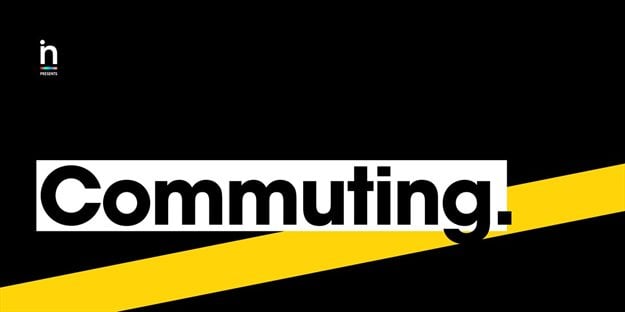






Globally and locally people have started seeking new ways of commuting that do not involve a personal car. To give you an idea of the landscape, this is how South Africans got to work pre-lockdown.
These stats do not tell the whole story. When split into income brackets, it’s revealed that 45% of the poorest people in the country walk to work, while only 7.2% of the richest do. As with most people, the time spent getting to work by the poor has a detrimental effect on their ability to advance and enjoy their lives.
We all hear the complaints about the ‘bladdy taxis’, but what few realise is that the much-maligned minibus provides our society with one of the most important arterial transport systems in post-apartheid South Africa. 650.4-million minibus/taxi trips are undertaken by South Africans during a year, which equates to 1,780,821 trips a day!
Despite the complaints that are laid against them, minibuses contribute to a less congested roadway, less petrol usage per capita, and is a flexible transport system. If we can get a handle on the issues with this commuting option, it could be a huge benefit to both commuters, businesses and the country.
At the same time, it cannot be ignored that there are huge issues with safety, security, vehicle maintenance, violence and more, a point sorely noted by Office Manager Millicent Nonjobe.
The option to commute by rail is largely ignored by citizens; they cite unreliability and personal safety as very valid reasons for avoiding the trains. In 2019, President Cyril Ramaphosa announced that he dreams of a South Africa that has bullet trains. But, with a rail network that is debilitated by arson, outdated infrastructure, extensive corporate looting of Prasa and vandalism, this seems an unlikely prospect. In 2020’s Sona, the president announced that, with R2.8bn, he intends to fix two key rail lines, the Central Line in the Western Cape and the Mabopane Line in Pretoria. We wait and hope.
We spoke with a young man who has taken bicycling to heart and has started teaching those who want to learn how to ride. Zibusiso Mboyisa is a cycling coach from Brixton, Johannesburg and through his Bicycle School he provides lessons to absolute beginners, lapsed users and those who are building the confidence to start commuting. In addition to tutoring his clients on bike maintenance, he and his team even help you work out the best route for your most common destinations. In a country where even the most common travel method is expensive, bicycles offer an opportunity to get around inexpensively, safely and you can even enjoy the experience of your commute.
We can’t help but wonder how much more efficient we could be if bicycles were more common in our country, not to mention the business opportunities which could crop as a result of their existence. We could see an army of roadside mechanics and repair shops. Commuters could get to work quicker, giving them more time for leisure, family time and personal advancement.
But, this is not an article about cycling, it’s about commuting... and here are a few portraits of some South Africans with alternate styles of getting around.
